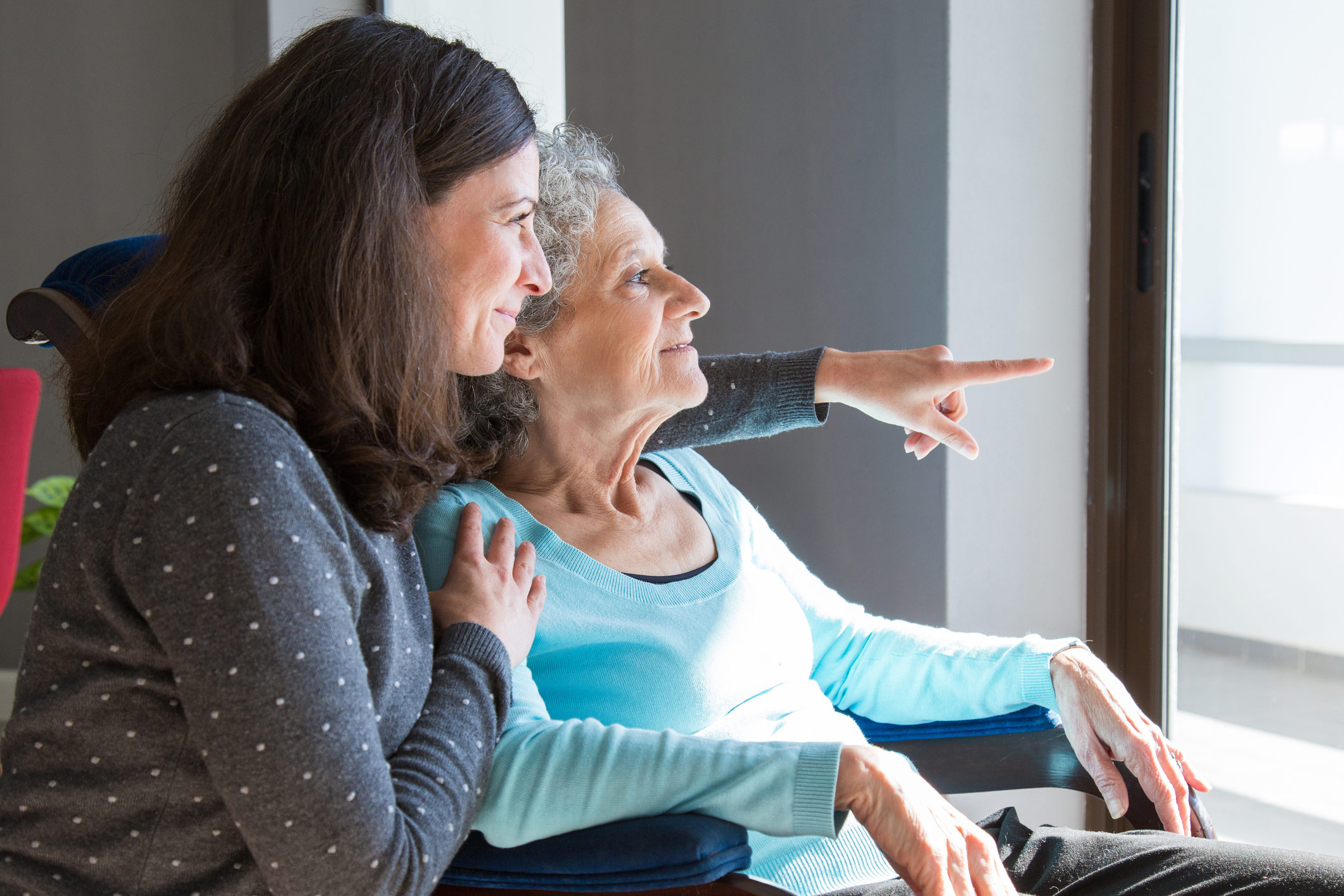As individuals age, their physical, mental, and emotional needs evolve, requiring specialized care and attention. In this blog post, we will explore the various aspects of care that the elderly require, focusing on the importance of comprehensive support to enhance their well-being and quality of life.
- Physical Care:
Physical care forms the foundation of elderly care, encompassing a range of essential aspects:
- Personal hygiene: Assisting with bathing, grooming, and dressing to maintain cleanliness and dignity.
- Nutrition: Ensuring a balanced diet that meets their nutritional requirements, considering any dietary restrictions or health conditions.
- Medication management: Administering medications as prescribed, monitoring potential side effects, and coordinating with healthcare professionals.
- Regular exercise: Encouraging physical activity to promote mobility, strength, and overall health.
- Emotional and Mental Care:
Caring for the emotional and mental well-being of the elderly is crucial for their overall happiness and contentment:
- Companionship: Providing social interaction, engaging in conversations, and fostering a sense of belonging.
- Emotional support: Offering empathy, understanding, and a safe space for expressing feelings and concerns.
- Cognitive stimulation: Engaging in activities that challenge the mind, such as puzzles, reading, or learning new skills, to maintain cognitive function and prevent cognitive decline.
- Mental health support: Recognizing and addressing symptoms of anxiety, depression, or other mental health issues, and connecting them with appropriate resources.
- Social Care:
Maintaining an active social life is essential for the elderly to combat loneliness and isolation:
- Community involvement: Encouraging participation in local events, clubs, or volunteer activities to foster a sense of purpose and connection.
- Family engagement: Facilitating regular visits and communication with family members, creating opportunities for shared experiences and emotional support.
- Support groups: Connecting the elderly with support groups or organizations where they can interact with peers facing similar challenges, providing a sense of camaraderie and understanding.
- Safety and Security:
Ensuring a safe and secure environment is paramount for the elderly:
- Fall prevention: Identifying potential hazards, installing safety equipment, and promoting exercises to improve balance and strength.
- Home modifications: Adapting living spaces to accommodate mobility aids, reducing the risk of accidents.
- Emergency response systems: Implementing systems that enable quick access to help in case of emergencies, providing peace of mind for both the elderly and their caregivers.
Conclusion:
Providing comprehensive care for the elderly involves addressing their physical, emotional, mental, and social needs. By understanding and meeting these diverse needs, we can enhance their overall well-being and promote a fulfilling and dignified aging experience. Remember, each individual is unique, and tailoring care to their specific requirements is essential for ensuring a high quality of life in their golden years.

